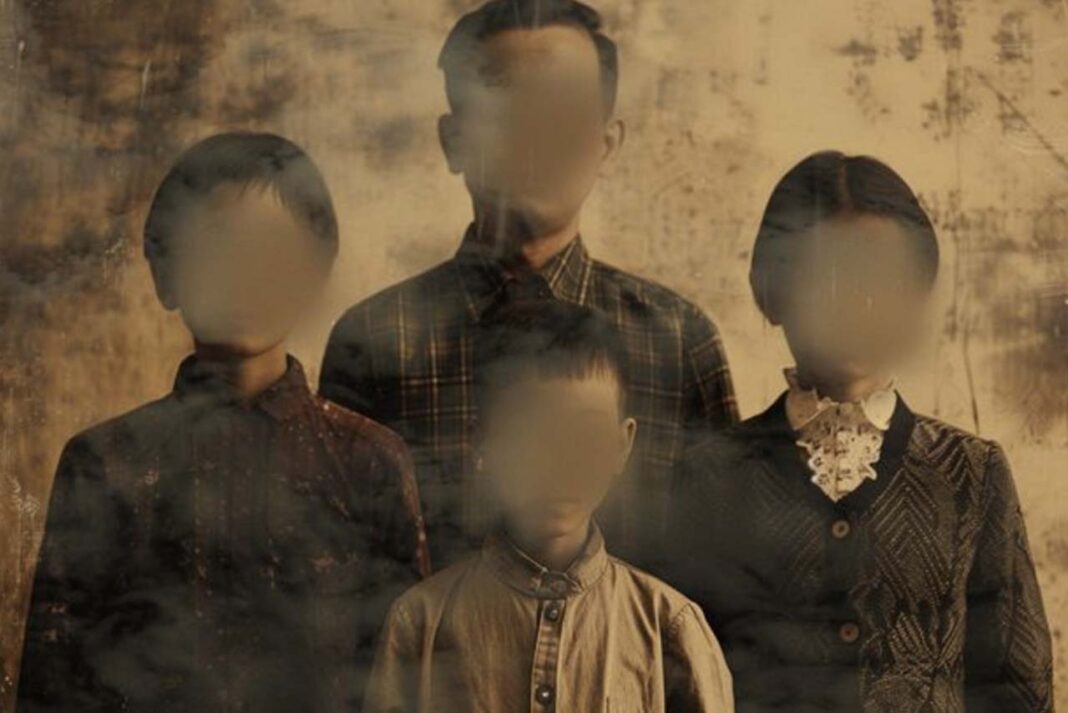The celebrated author Leo Tolstoy begins his novel Anna Karenina with these words:
“Happy families are all alike; every unhappy family is unhappy in its own way.” (Tolstoy, 1877)
This expression is a profound statement about how pleasure and unhappiness are tied to family relationships.
While I’m not as certain as Tolstoy, I believe most happy families have one thing in common: they know how to comprehend others, accept defects, forgive, and see the good in them.
Unhappy families, on the other hand, often argue to find faults rather than understand each other, hold grudges over time, and seem unable to forget past grievances.
In other words, the common denominator of happy families lies in systemic functionality — such as flexibility, acceptance, and differentiation — while the uniqueness of unhappiness lies in the negative interaction cycles each family system generates within itself.
The Family Is Not the Sum of Its Individual Parts
There are numerous degrees of hurt, just like there are many degrees of sensations. But the main point is that we don’t get anywhere by telling our own stories to justify our anger and ease our consciences, while accusing others of selfishness and extolling the purity and innocence of our own intentions.
Especially when this behavior is learned in the home one is born into, it not only undermines the security of existing relationships but also becomes a burden carried throughout life.
People often tend to reveal their most intolerant, unkind aspects to those closest to them. These cycles of mutual accusation and self-justification are symptoms of systemic problems that make the family more than just the sum of its parts.
In this respect, Tolstoy’s observation shares similarities with Murray Bowen’s Family Systems Theory, one of the most profound theories in psychology.
Families are not simply a collection of individuals, but a system of interacting and functioning relationships.
A negative situation that emerges in this system, like an infection in the body, ceases to be one person’s problem and transforms into a dysfunction that threatens the entire structure.
Healthy family systems are characterized by flexibility and functionality — the ability to adapt to changing circumstances and to establish healthy boundaries between emotional closeness and individual autonomy.
Systemic Dysfunction: Cycles of Blame and Reactivity
The behaviors of holding grudges, finding fault, and blaming can be interpreted from a systemic perspective as negative interaction cycles in which family members become locked over time.
This cycle usually begins when one member accuses another, and the other becomes defensive or withdraws altogether. That withdrawal confirms the blamer’s perception that their accusation was valid — and the cycle continues.
Such dynamics are especially common in families and marriages involving individuals with low levels of differentiation — those who struggle with emotional autonomy.
As Bowen theorized:
“Undifferentiated or low-differentiated individuals are surrounded by emotions and make decisions based on those emotions. Under stress, they become emotionally reactive and exhibit less flexibility, less adaptability, and greater emotional dependence on others.”
(Lampis et al., 2018)
Intergenerational Transmission and Inherited Unhappiness
This unique pattern of unhappiness can persist through intergenerational transmission, as family members unconsciously pass down dysfunctional emotional patterns.
Learned norms — such as denial of emotions, grudge-holding, or emotional detachment — can become legacies passed to the next generation.
Children may internalize these interactions and feel compelled to adopt specific roles in the family system, such as the “scapegoat,” “mediator,” or “peacemaker.”
Research shows that parents who experienced traumatic childhood experiences tend to transmit these emotional wounds to their children, either directly or indirectly (Karatay, 2020).
Thus, systemic unhappiness often becomes a family inheritance, shaping emotional responses and communication styles for generations.
Conclusion: Breaking the Cycle and Building Systemic Healing
The intersection of Tolstoy’s literary insight and Bowen’s Family Systems Theory offers a powerful framework for understanding why and how family unhappiness persists across generations.
The shared dynamics of happy families — flexibility, acceptance, and harmony — parallel the concept of high differentiation in Bowen’s theory.
Highly differentiated individuals are less emotionally reactive, possess stronger autonomy, and adapt more effectively to their environments (Kerr & Bowen, 1988).
Conversely, families burdened by unhappiness often exhibit systemic dysfunctions such as resentment, blame, and emotional detachment.
These destructive cycles — particularly those reinforced by unresolved trauma during parenting — can make unhappiness an inherited family legacy.
The key to a healthy family system lies in:
-
Reducing emotional reactivity
-
Fostering individual differentiation
-
Developing communication skills for constructive conflict resolution
Otherwise, unhealthy dynamics like denial, blame, and rigid communication become ingrained in the system and transmitted through generations.
Ultimately, only systemic — not purely individual — healing allows each family to break its unique cycle of unhappiness and rebuild emotional functionality.
References
Karatay, G. (2020). Tarihsel/Toplumsal Travmalar ve Kuşaklararası Aktarımı Biçimleri Üzerine. Sürekli Tıp Eğitimi Dergisi, 29(5), 373–379. https://doi.org/10.17942/sted.767797
Kerr, M. E., & Bowen, M. (1988). Family Evaluation: An Approach Based on Bowen Theory. W. W. Norton & Company.
Lampis, J., Cataudella, S., Agus, M., Busonera, A., & Skowron, E. A. (2018). Differentiation of self and dyadic adjustment in couple relationships: A dyadic analysis using the Actor–Partner Interdependence Model. Family Process, 58(3), 698–715. https://doi.org/10.1111/famp.12370
Tolstoy, L. (1877). Anna Karenina. The Russian Messenger.


